
Plants, like all living organisms, require a variety of nutrients to grow, thrive, and reproduce. These nutrients are broadly categorized into macronutrients and micronutrients. Understanding the roles and requirements of these nutrients is essential for anyone involved in gardening, farming, or plant care.
What Are Plant Nutrients?
Plant nutrients are essential elements absorbed by plants from the soil, water, and air. They are crucial for various physiological processes that sustain plant growth and development. The nutrients are primarily classified into macronutrients and micronutrients.
Macronutrients: The Building Blocks
Macronutrients are required by plants in larger quantities compared to micronutrients. They are the primary building blocks of plant life, playing critical roles in cell structure, energy transfer, and overall growth. The main macronutrients include:
- Nitrogen (N): Essential for the synthesis of amino acids, proteins, and chlorophyll, nitrogen is crucial for vegetative growth and lush, green foliage.
- Phosphorus (P): Important for energy transfer and storage, phosphorus is vital for root development and flowering.
- Potassium (K): Regulates physiological processes and enhances disease resistance, potassium supports water regulation and enzyme activation.
- Calcium (Ca): Integral to cell wall structure and membrane function, calcium also plays a role in signal transduction.
- Magnesium (Mg): A central component of chlorophyll, magnesium is necessary for photosynthesis and enzyme activation.
- Sulfur (S): Important for protein synthesis and enzyme function, sulfur is also involved in forming chlorophyll.
Micronutrients: The Catalysts
Micronutrients, although required in smaller quantities, are just as vital as macronutrients. They act as catalysts in various biochemical reactions within the plant. Key micronutrients include:
- Iron (Fe): Crucial for chlorophyll synthesis and electron transport, iron is necessary for photosynthesis.
- Manganese (Mn): Involved in photosynthesis and nitrogen metabolism, manganese aids in enzyme activation.
- Zinc (Zn): Important for growth hormone production and enzyme function, zinc contributes to protein synthesis.
- Copper (Cu): Plays a role in photosynthesis and lignin production, copper is essential for reproductive growth.
- Boron (B): Necessary for cell wall formation and stability, boron is also involved in reproductive growth.
- Molybdenum (Mo): Required for nitrogen fixation and nitrate reduction, molybdenum supports enzyme functions.
- Chlorine (Cl): Involved in osmosis and ionic balance, chlorine is essential for photosynthesis.
Balancing Nutrients for Healthy Plant Growth
Achieving the right balance of macronutrients and micronutrients is crucial for healthy plant growth and crop yields. Deficiencies or excesses of these nutrients can lead to various plant disorders and reduced productivity.
Soil testing is a valuable tool for determining nutrient levels and requirements. Based on test results, gardeners and farmers can apply fertilizers or amend soils to address specific nutrient deficiencies.
Conclusion
Understanding the complex roles of macronutrients and micronutrients allows for better management of plant health. By ensuring plants receive the right nutrients in the correct amounts, we can promote vigorous growth, improve resistance to diseases, and enhance the overall quality of crops.
Plants require a variety of nutrients, broadly categorized into macronutrients and micronutrients. Macronutrients are required in larger quantities and are essential for cell structure, energy transfer, and growth. Micronutrients, needed in smaller amounts, act as catalysts in biochemical reactions within plants. Balancing macronutrients and micronutrients is crucial for healthy plant growth and productivity. Soil testing helps determine nutrient levels and guides appropriate fertilization to address deficiencies. 

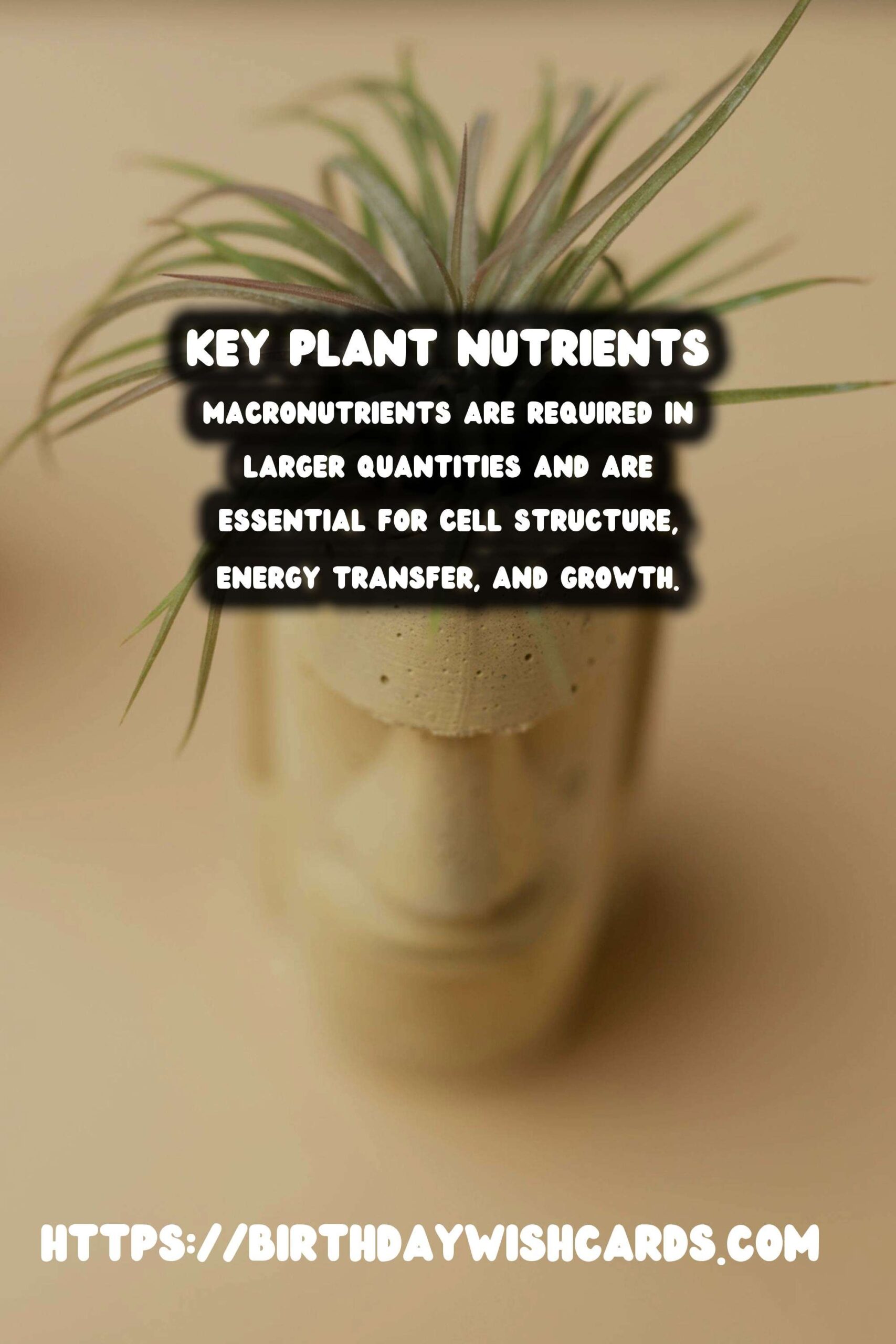
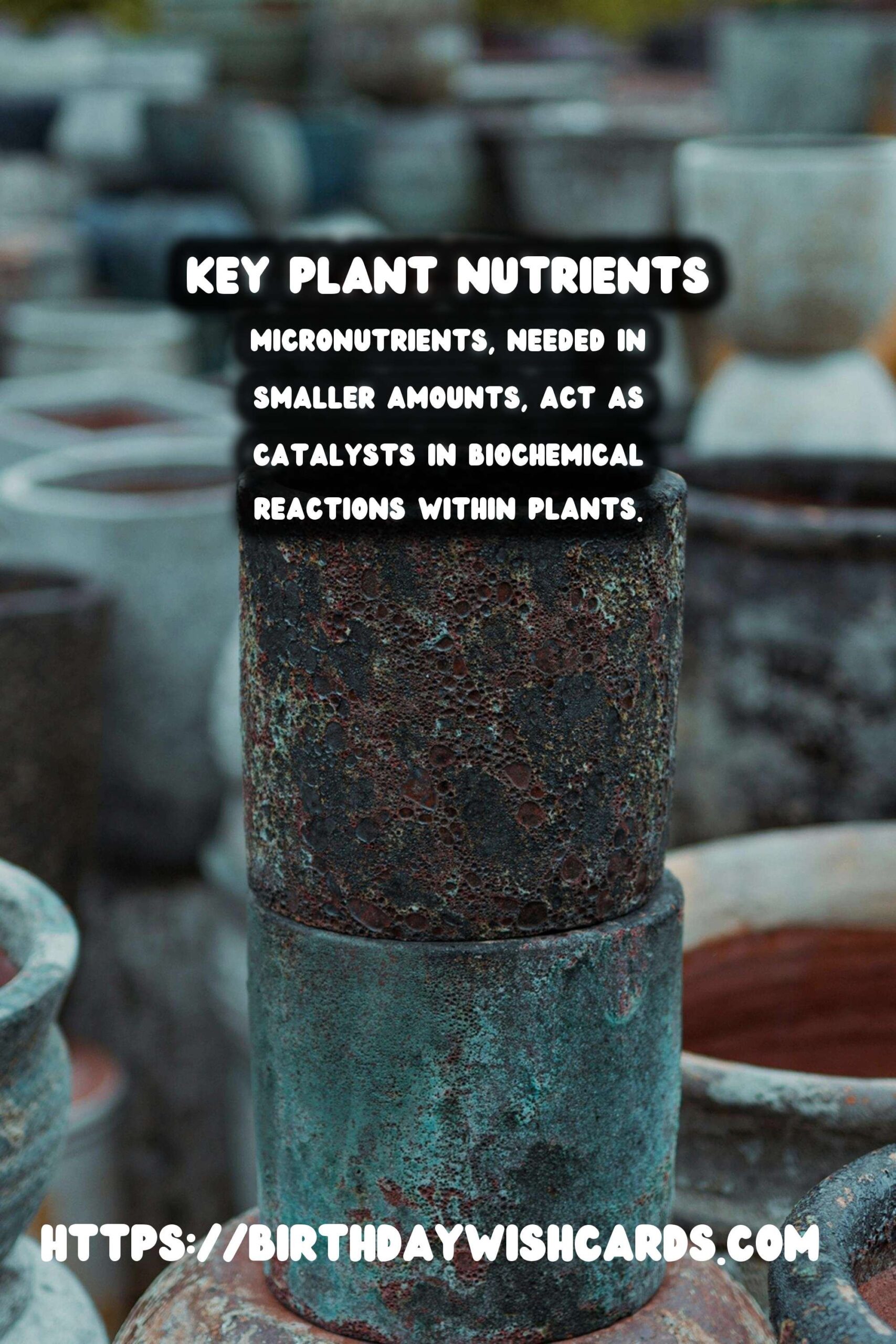
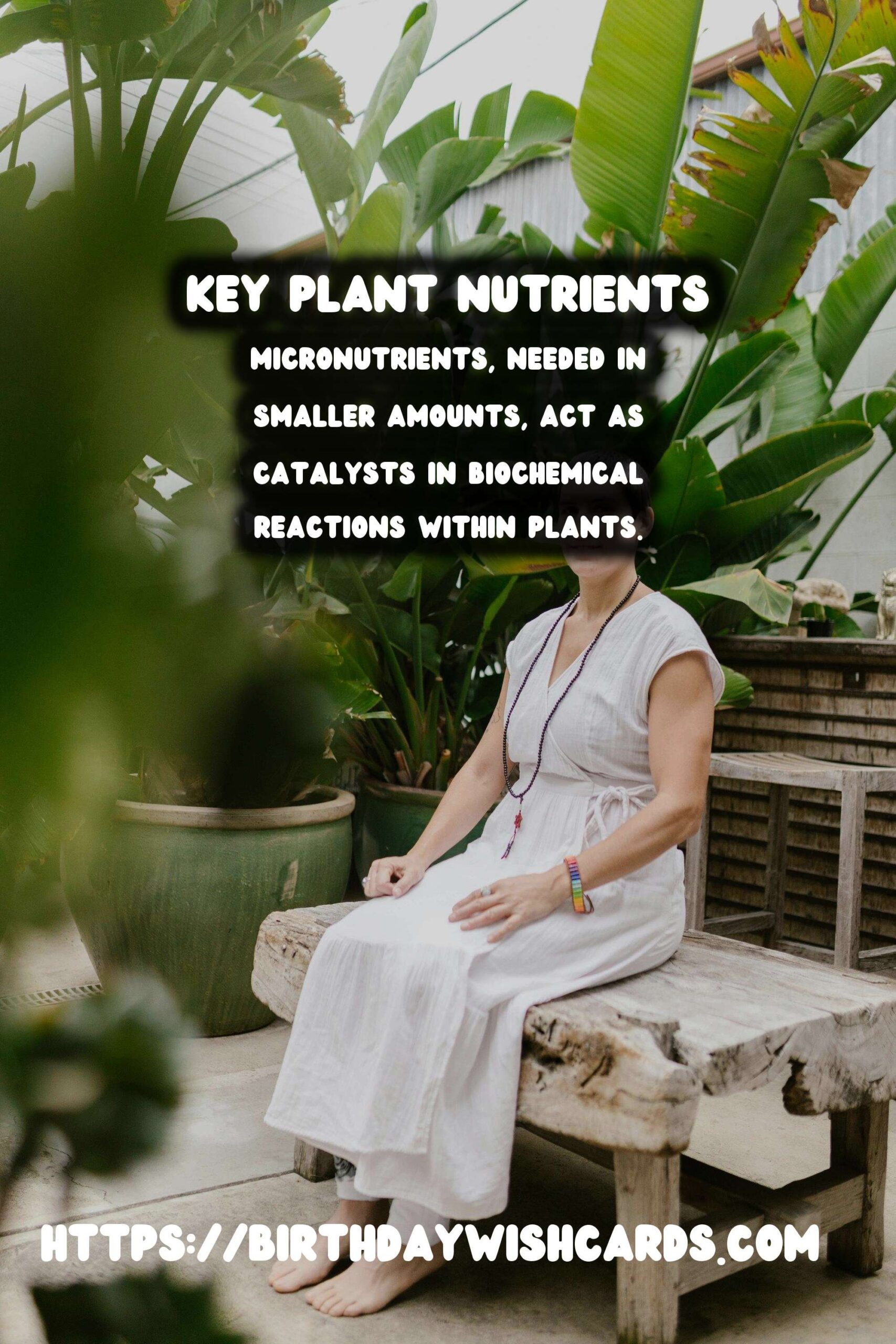

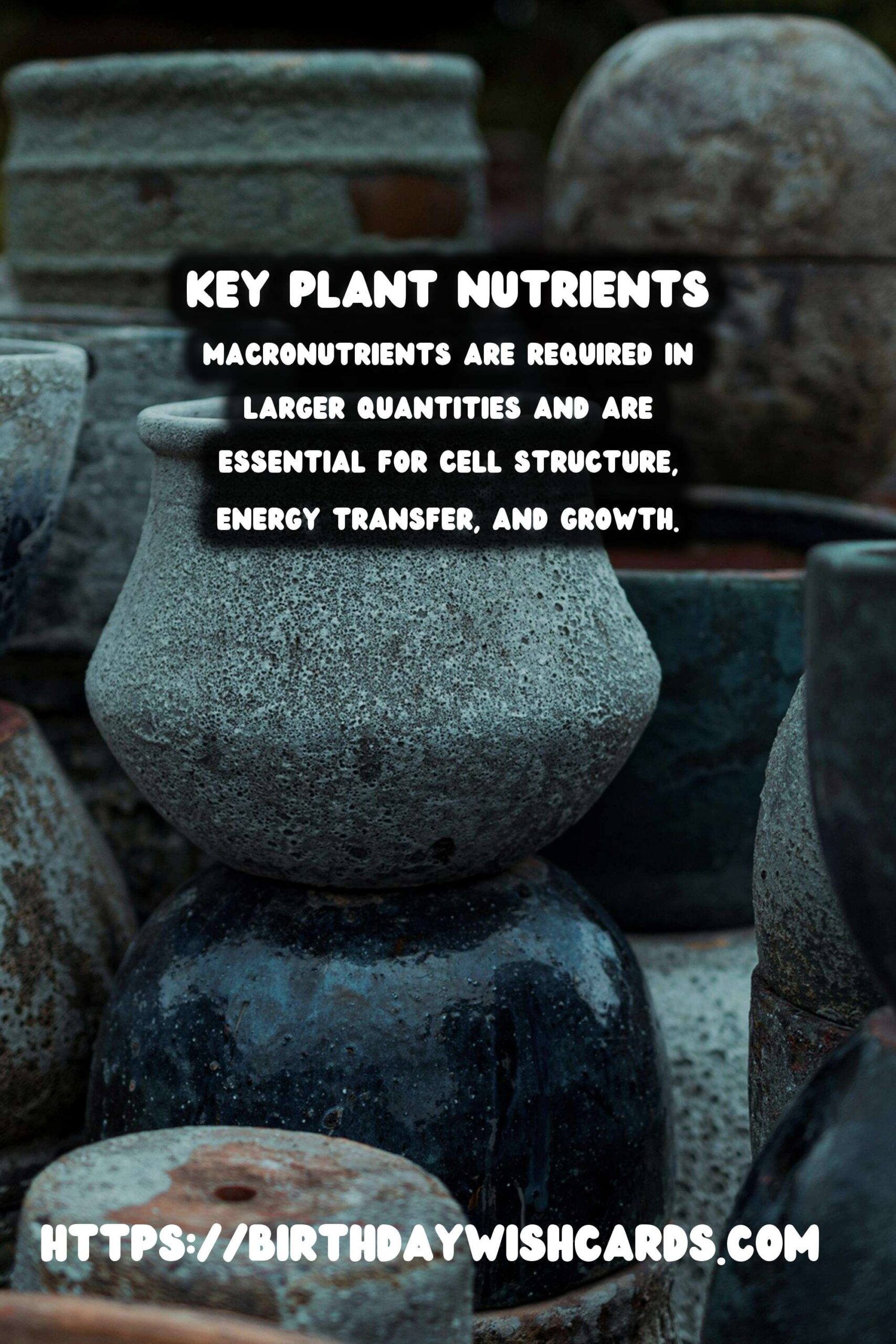

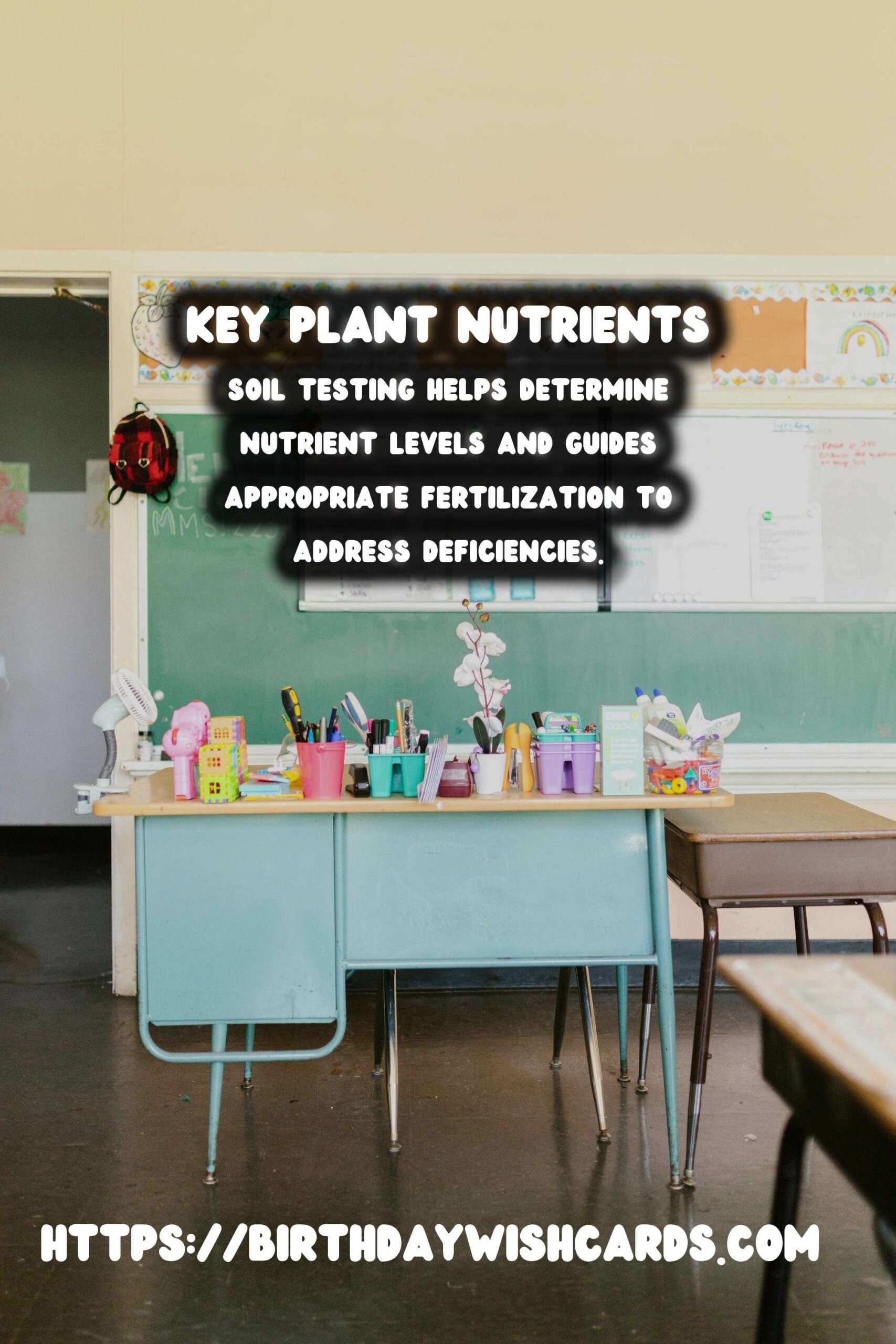
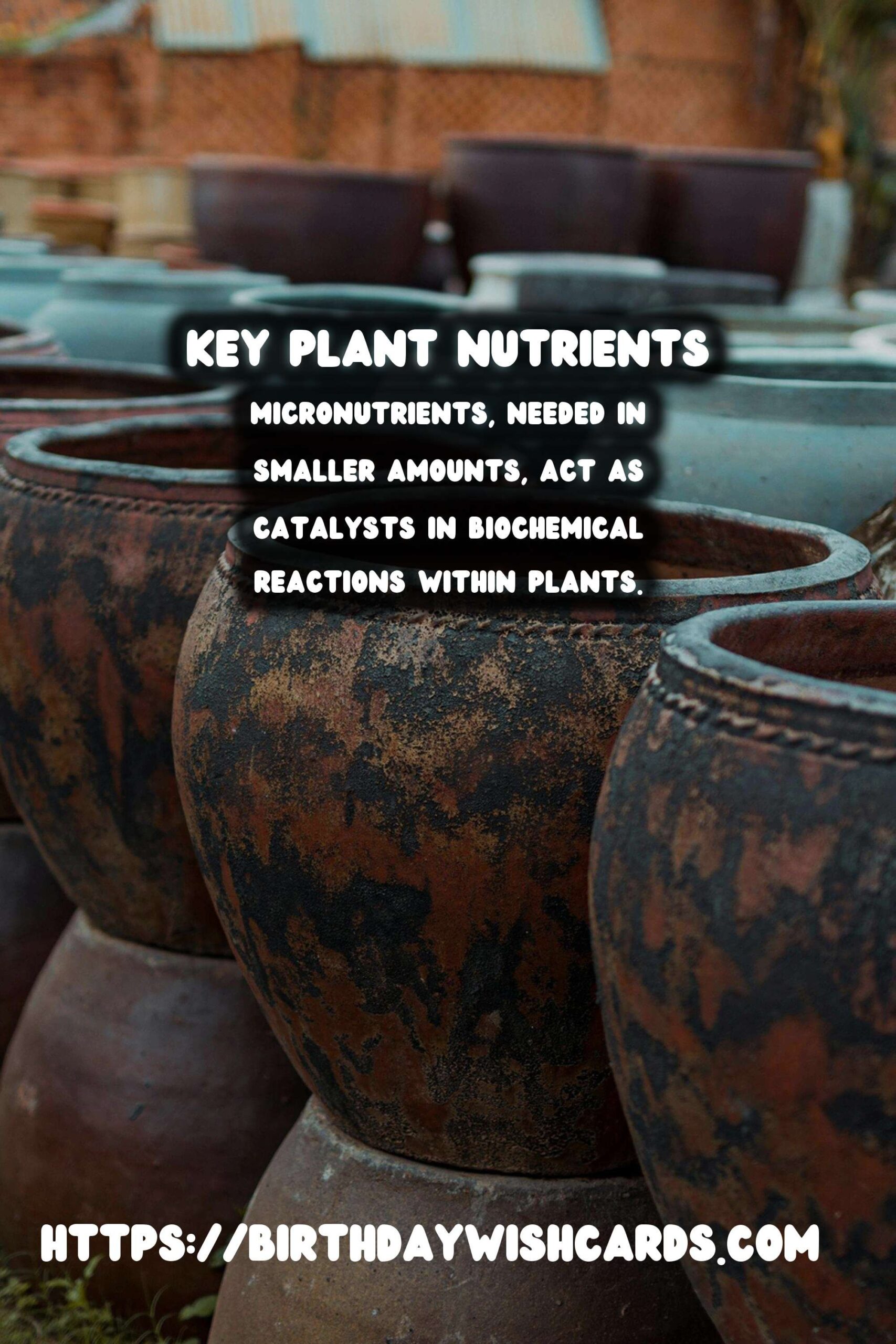
#PlantNutrition #Macronutrients #Micronutrients #GardeningTips #Farming



